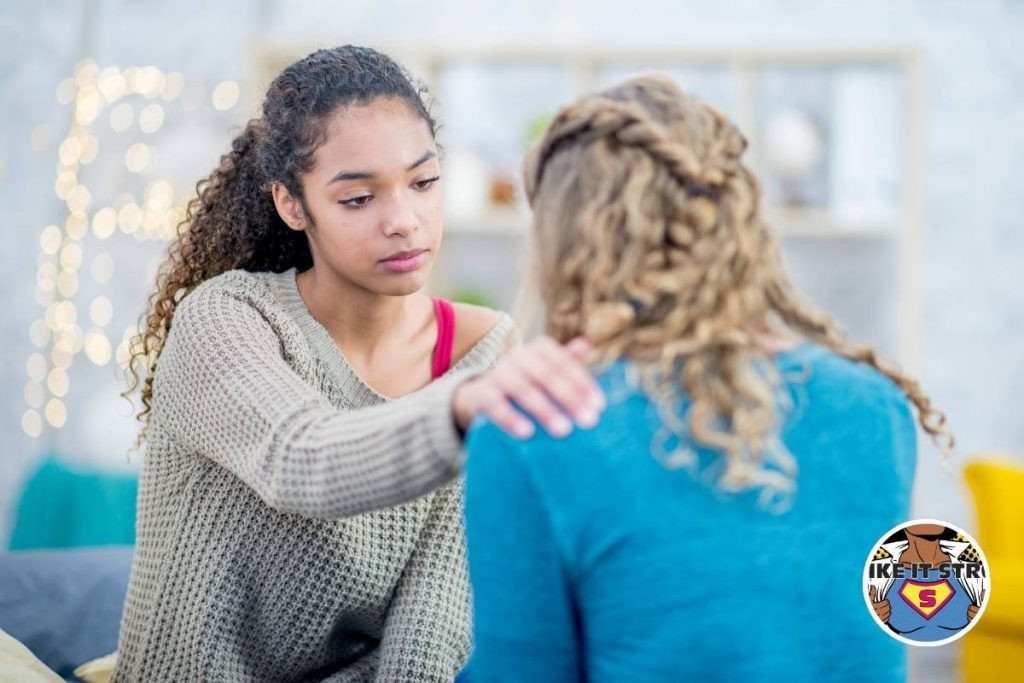All too often the question “Why do people stay in abusive relationships?” is posed to survivors, implying that they are to blame for the abuse.
Instead, questions like “How did the person causing harm prevent their partner from leaving?” or “Why do perpetrators of abuse hurt the person they claim to love?” are more appropriate.
There are serious factors that weigh on the survivor’s decision to leave:
- Leaving can be dangerous:Many people experiencing intimate partner violence realistically fear that their abusive partners’ actions will become more violent and even lethal if they attempt to leave. The abuser may have threatened to kill them or hurt their child, family member or pet if they leave.
- What about the kids? Many survivors are not sure that leaving would be the best for their children (especially if the children are not being abused directly.) Concerns may include: Will my partner win custody of the children? How will I support my kids without my partner’s income? I want my children to have two parents.
- Isolation:The survivor’s friends and family may not know about the abuse, or may not support their leaving; or the survivor may have no one to turn to, since isolation is a key dynamic of intimate partner violence.
- Cycle of Violence and Hope for Change: Most abusive partners exhibit a behavioral pattern that has been described as a cycle of violence. The cycle of violence has three phases: the honeymoon phase (when everything in the relationship seems lovely), tension building, and violent incident. Many abusive partners become remorseful after inflicting violence, and promise that they will change (beginning the honeymoon phase again). This cycle makes it difficult to break free from an abusive partner.
- Lack of Resources:The survivor may not have their own source of income due to financial abuse, or may not have access to alternate housing, cash or bank accounts.
- Institutional Responses:
- Clergy and secular counselors are often trained to see only the goal of “saving” the marriage at all costs, rather than the goal of stopping the violence.
- Police officers do not consistently provide support to survivors. They may treat violence as a “domestic dispute,” instead of a crime where one person is attacking another person.
- Despite the issuing of a restraining order, there is little to prevent a released abusive partner from returning and repeating the assault.
- Philadelphia’s lack of affordable safe housing and limited number of emergency shelter beds for survivors of domestic violence may mean there is no place to go.
- Social Barriers:
- Some survivors may not believe divorce is a viable alternative.
- Some survivors are socialized to believe that they are responsible for making their marriage work, or for keeping the family together.
- In some cultures, leaving your partner is a disgraceful and reprehensible action.
- Having a disability: A person with a physical disability is five times more likely than a person without a disability to be abused by a partner, spouse or someone considered to be part of their household.
- Belonging to a sexual minority.
- Immigration status:Survivors who have immigrated to the U.S. face additional barriers, such as fear of deportation; being separated from their children who are born in the U.S.; language barriers; and threats of harm to family members in their home country.
Remember, leaving is a process. Survivors may leave and return several times before permanently separating from their abusive partner. In fact, research shows that it can take approximately 7 attempts before a survivor permanently leaves an abusive partner.



